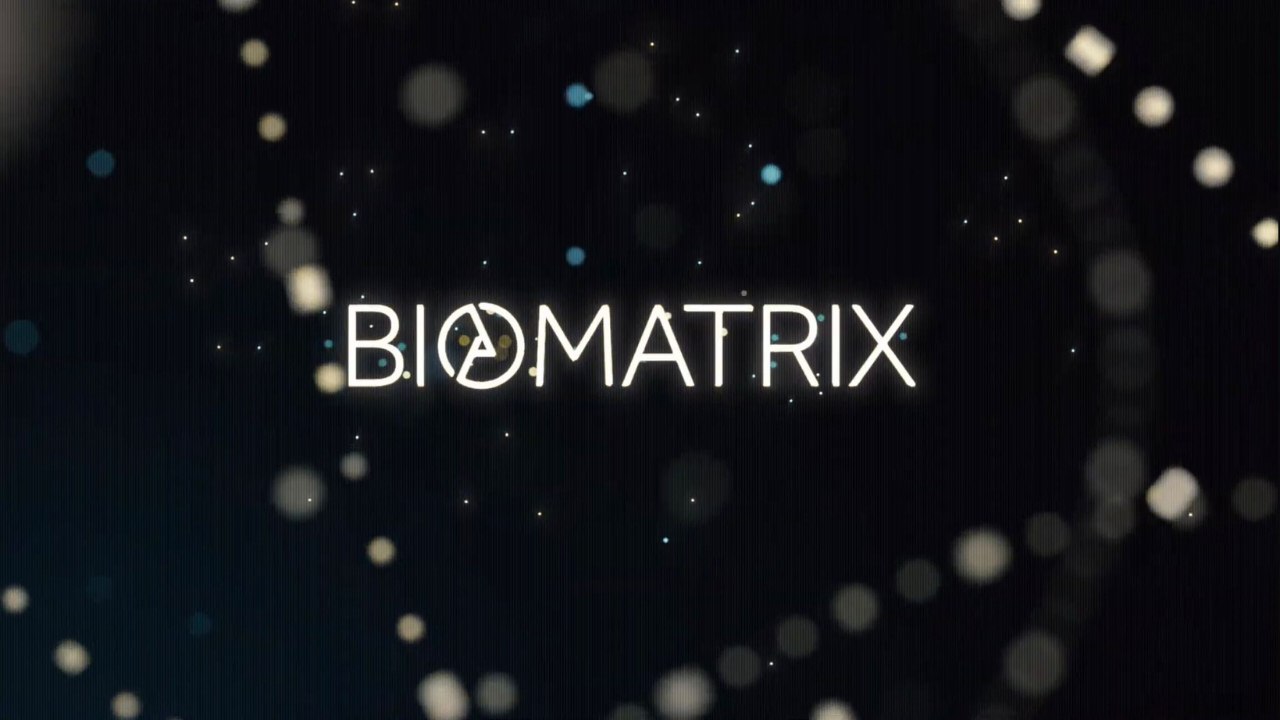CoinDesk’s Misleading Information On Blockchain Performance Exposed
Key Points:
- A recent debate on the accuracy of blockchain performance information in media due to CoinDesk’s claim that Polygon is faster and cheaper than Solana.
- Some argued that Solana is 40 times cheaper with compression and 10-100 times faster than Polygon.
Recently, there has been a debate on the accuracy of information regarding blockchain performance in the media. The discussion was sparked by a recent article published by CoinDesk, which claimed that the transaction speed of Polygon is faster and the network fee is cheaper than that of Solana.
Following this mistake, CoinDesk updated its article by stating that chains are relatively equal in both factors.
This statement was quickly criticized by OxMert_, who argued that Solana has about 40 times cheaper fees (and actually 5000 times with compression) and about 10-100 times faster transactions.
Added to this, an account known as Richard Patel claimed that CoinDesk’s information on blockchain performance is inaccurate, citing that transaction times on Polygon are 5 times higher than on Solana (~2200ms vs. 400ms). Fees are roughly 35 times more expensive.
As the data showed on Polygon Website, it takes about $0.015 cost per transaction, while Solana takes about $0.00025 per transaction. With this provided data, Solana came out on top, which calculatedly is 60 times cheaper than Polygon’s average cost transaction fee.
The prevalence of false and biased information being published in the media raises the question of when mistakes stop being honest and start being intentional. It is understandable that mistakes can happen, especially when reporting on a complex and rapidly-evolving industry like blockchain. However, when these mistakes consistently occur in a biased manner, it becomes hard to attribute them simply to honest errors.
This issue is not limited to blockchain and cryptocurrency reporting. In fact, it is a broader problem in the media industry, where the need for clicks and engagement often takes priority over accuracy and objectivity. It is, therefore, up to readers and consumers of media to be critical of the sources of information and their accuracy, especially when it comes to complex topics like blockchain performance.
DISCLAIMER: The Information on this website is provided as general market commentary and does not constitute investment advice. We encourage you to do your own research before investing.
Join us to keep track of news: https://linktr.ee/coincu
Thana
Coincu News





















